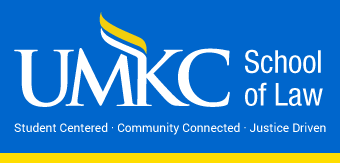Reforming Immigration Law to Allow More Foreign Student Entrepreneurs to Launch Job Creating Ventures in the United States
Abstract
This paper outlines some of the barriers that foreign student entrepreneurs face, and describes how a somewhat expanded version of bipartisan legislation along the lines of the Startup Act 2.0 (S. 3217 or the Startup Act), cosponsored by Senators Jerry Moran (R-KS), Mark Warner (D-VA), Marco Rubio (R-FL), Chris Coons (D-DE), Roy Blunt (R-MO), and Scott Brown (R-MA), would help to address some of these roadblocks. The Startup Act, which has also been introduced in the House of Representatives on a bipartisan basis, as discussed below, would create a new conditional permanent resident status opportunity for foreign students who hold master’s or doctorate degrees in science, technology, engineering, or mathematics (STEM) awarded by a U.S. institution of higher education. It would also create a conditional immigrant visa opportunity for “qualified alien entrepreneurs”: entrepreneurs who either hold an H-1B visa or have completed or will complete a graduate level degree in a STEM field, and register a business that meets certain conditions for number of employees and dollar amount of investment discussed further below (Startup Visa).

